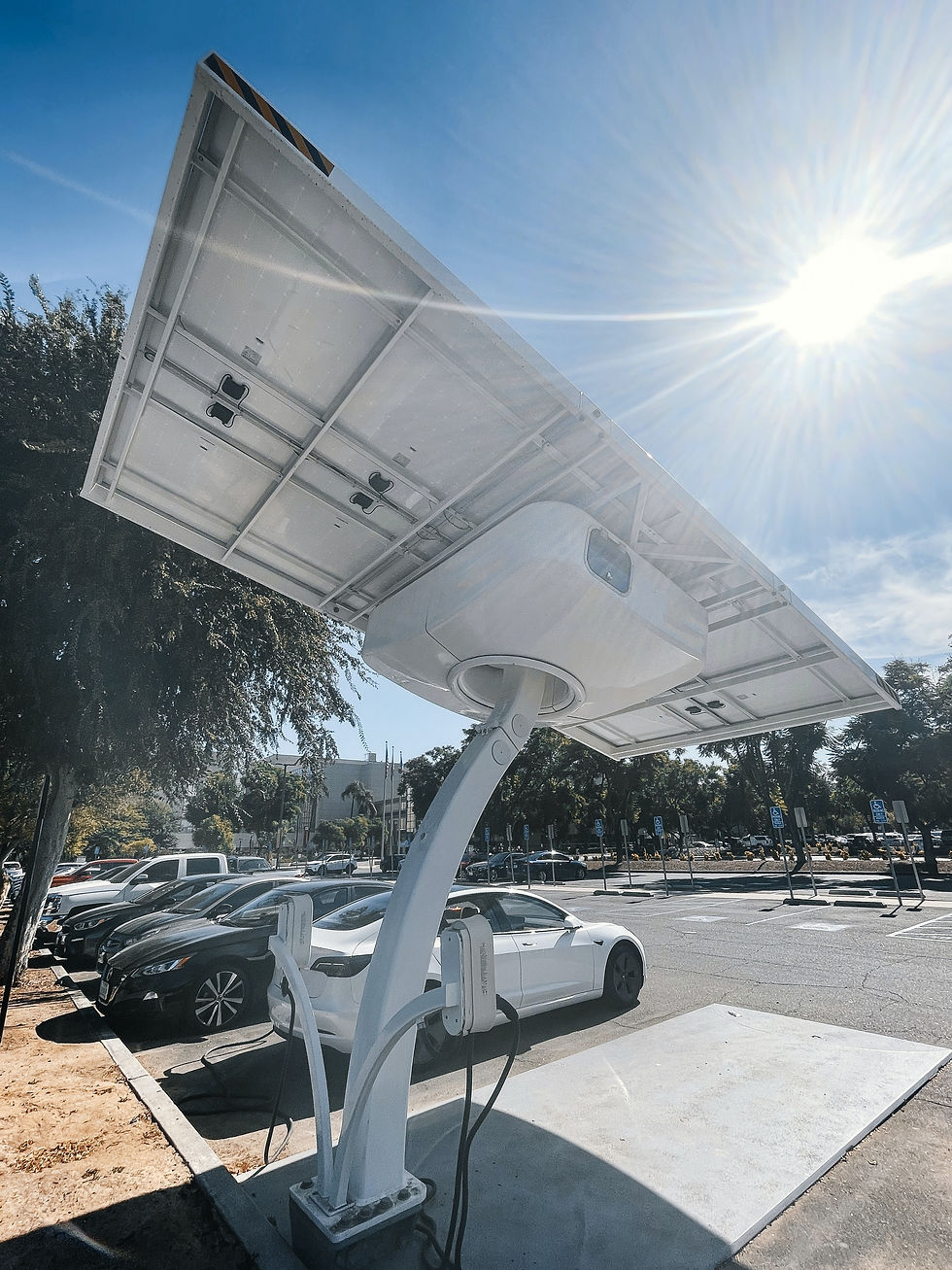'Screeching' U-turn: UK's Electric Vehicle Momentum Falters, Lagging Behind European Progress
- Hammaad Saghir
- Sep 27, 2023
- 3 min read

Recent policy shifts signal a cautionary tale for the United Kingdom, as it risks getting left in the dust in the European race towards electrification. Fresh insights reveal that while the UK's appetite for electric vehicles (EVs) is burgeoning, its adoption rate is markedly slower than its European counterparts.
Conducted by Cornwall Insight on behalf of legal consultancy Shoosmiths, the Electric Vehicle Country Attractiveness (EVCA) Index positioned the UK's year-over-year growth since July 2022 at a mere 31%. This is a startling contrast to the 60.6% average witnessed among the 27 EU nations.
Many factors are at play here, From the premature termination of the Plug-in Grant scheme—much to the chagrin of potential EV buyers—to the stagnation in the development of rapid charging stations along the British motorways. Not to mention the angst over driving range, reflected in a BEV-to-public charge point ratio of 11.3, considerably outpacing leaders in this space.
If that weren't enough, the high inflation rates and soaring electricity costs only exacerbate the challenges. And let's not overlook Prime Minister Rishi Sunak's disconcerting announcement to push back the ban on new internal combustion engine (ICE) vehicles from 2030 to 2035. This decision throws a wrench into the complex mechanism of transitioning to electric mobility.
Surprisingly, the cautionary flags being waved by Cornwall Insight and Shoosmiths come hot on the heels of optimistic sales data. New AutoMotive's most recent Electric Car Count illustrates that 20% of new cars sold in August were electric—a record, mind you. Meanwhile, the Society of Motor Manufacturers and Traders reports a remarkable 72.3% growth in EV sales for the past month alone.
But Jamie Maule, research analyst at Cornwall Insight, warned the removal of incentives, infrastructure delays, and broader policy uncertainty meant the UK's EV boom failed to match that seen in many European markets.
"The UK could now be at risk of falling behind much of Europe in the transition to EVs," he said. "The announcement by the Prime Minister to delay the ban of petrol and diesel vehicles has compounded the challenges casting uncertainty over the UK's EV market. This threatens to erode the country's momentum in shifting away from traditional fossil fuel cars.
"Only by reaffirming our commitment to EV infrastructure growth, bolstering incentives, and rekindling investor and consumer confidence can the UK reclaim lost ground and position itself among the leading nations in Europe for EV adoption."
Chris Pritchett, energy and infrastructure partner at Shoosmiths, added that the government's "screeching U-turn" on crucial climate policies threatens billions of pounds worth of investment in the UK's wider green transport industry, spanning everything from vehicle production and battery and semi-conductors to lithium extraction or facilities to deal with end-of-life batteries.
"More importantly, it frames net zero as a political wedge issue ahead of the election, which is clearly - and unforgivably - aimed at dividing the consensus on meaningful climate action," he said.
"I'm confident, though, that our business leaders in the sector will continue to set the pace on the EV transition, a rapidly converting public will join the ride, and this week's frustrating setbacks will ultimately be nothing more than a bump in the road".
The EVCA report debuts on the heels of another compelling study by Charles River Associates that emphasizes the significance of electrifying corporate vehicle fleets. The message couldn't be more precise, with fleet vehicles accounting for a hefty share of Europe's transportation emissions and only a measly 2% currently being electric.
In other promising developments, UK Power Networks (UKPN) heralds airport long-stay car parks as an untapped reservoir of energy potential. Their 'Park and Flex' study posits that by utilizing these spaces during off-peak hours, a staggering £1.3 billion in energy savings could be reaped by 2050—something to chew on as we navigate the convoluted road to electrification.





![LOGOTYPE [GREEN_DARK GREEN].png](https://static.wixstatic.com/media/d6e0b6_7c15be730f2c42d4ad22da5f1e69fa35~mv2.png/v1/fill/w_877,h_198,al_c,q_85,usm_0.66_1.00_0.01,enc_avif,quality_auto/LOGOTYPE%20%5BGREEN_DARK%20GREEN%5D.png)



Comments